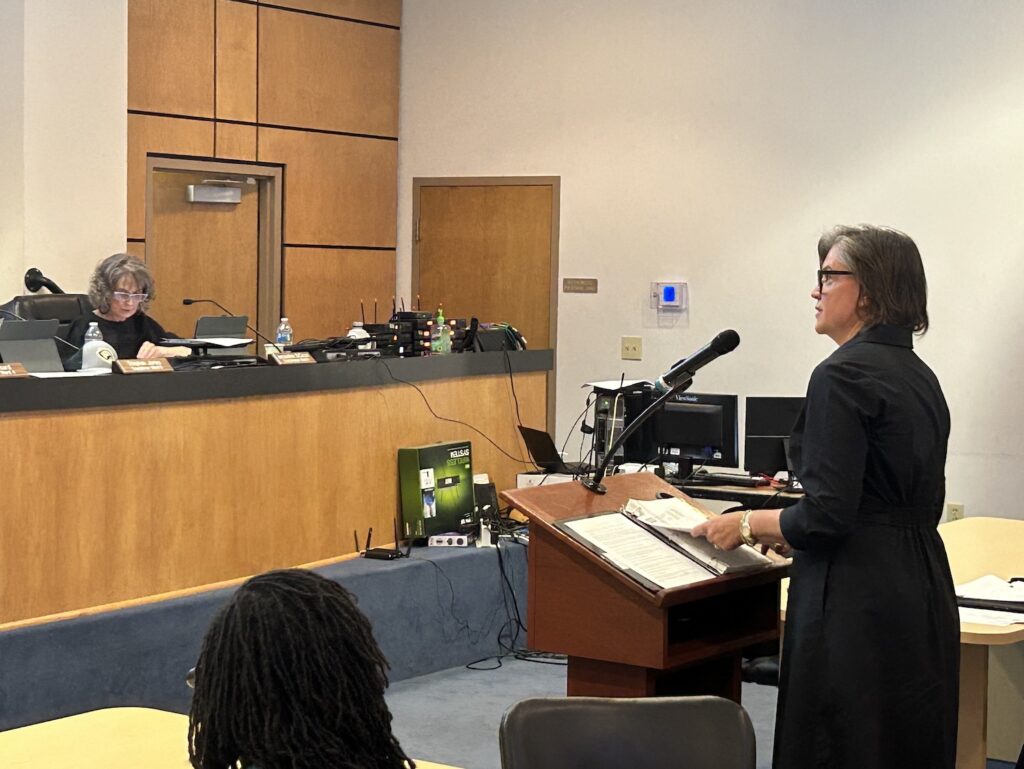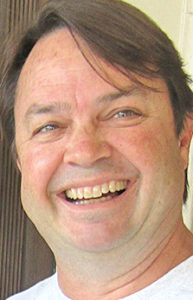The city’s audit report for Fiscal Year 2021 contained nine findings related to its accounting practices and three other failures to comply with state law.
Four of the most serious findings were “material weaknesses,” while four others were less severe “significant deficiencies.” The most serious was a material non-compliance with state law for spending funds that were never budgeted.
Six of the nine, including the unbudgeted funds, were repeat findings from the Fiscal Year 2020 audit.
Wanda Holley, a certified public accountant with the Watkins, Ward and Stafford firm, presented the tardy audit report Tuesday to the city council for the fiscal year that ended Sept. 30, 2021.
“We encountered difficulties in securing the information needed to complete our audit that has caused delays throughout the audit process,” she told the council. “We don’t expect that will continue to be a problem.”
That fiscal year, the city only prepared a budget for its general fund, she said, failing to prepare one for its other funds or stay within the constructs of what it did prepare. That led to the city having “a good many” unbudgeted funds it spent.
“That is a violation of state law,” Holley said.
Material weaknesses included the city not reconciling its bank account with its ledger monthly and not properly reconciling municipal court fines, which led to an underpayment to various state agencies for their share of certain fines. Both were repeat findings.
Further, city personnel did not obtain proper documentation for hotel stay charges and did not properly track transfers between city bank accounts.
“The city had implemented their own policies and procedures to monitor transfers between bank accounts, and they didn’t follow those procedures,” Holley said.
Significant deficiencies included failing to maintain adequate records or perform an annual inventory of capital assets, failing to reconcile landfill billing and gate receipts and not properly tracking interfund loans – all three of which were repeat findings.
Also found was an instance where the Blight Elimination Program purchased a property “recently owned by” the program’s administrator.
Mississippi Home Corporation, a partner in the program, later disqualified the property because of the conflict.
“It’s a violation of treasury rules for an administrator of a program to benefit from the program they are tasked with overseeing,” Holley said.
The administrator reimbursed the city $915.09 in expenses it incurred from the transaction.
Among other state compliance issues Holley noted, two elected officials did not file the required statements on economic interest to the Mississippi Ethics Commission, and three filed late; the city’s municipal compliance questionnaire for that fiscal year was late and included incorrect answers; and the city did not bid the municipal depository in a timely manner.
In response to the report, city administration noted it has addressed or is addressing all of the findings.
The council plans to review the report and formally accept it at its July 2 meeting.
Sanders’ call for new auditor rejected
Will Sanders, a retired accountant and founder of the A Better Columbus social welfare group, followed Holley’s report with a public appearance skewering Holley and expressing his disappointment in the city’s continued repeat findings.
He urged the council to form an audit committee of experts in the field and also find a new firm to perform the annual audit.
Sanders took aim at what he called the city’s “default motto of ‘It could be worse.’”
“It’s not a race to the bottom,” he said. “It can be better. But it must take people caring, standing up and doing the right thing.”
In the 15-plus years the city has used Watkins, Ward and Stafford for its audits, he accused Holley, who left the boardroom at the Municipal Complex before Sanders took the podium, of taking too long to finish audits, failing to communicate effectively with city employees during the audit process and not being forthright – or blunt enough – in delivering her reports.
“How long is too long for an auditor to serve and the city not to improve?” he asked.
Sanders, referencing city leaders claiming yearly it would address repeat findings, asked, “When does that become an outright lie?”
Ward 5 Councilman Stephen Jones, taking umbrage at Sanders’ comments, asked, “I guess we should hire you then, huh?”
When Sanders said he was retired, Jones asked, “You’re such an expert on everything, why did you retire so young?”
Sanders said in his career auditing and inspecting auditors, he had become “moderately disgusted with auditors” and he “no longer wants to be associated with them.”
Jones later noted Sanders filed a complaint against Holley in 2021 with the State Board of Accountancy that was “found to be without merit.”
“Sounds to me, all auditors are bad except for you, then,” Jones quipped.
Ward 4 Councilman Pierre Beard jumped in the fray, also defending Holley and firing back at Sanders, who through A Better Columbus has accused other city officials of wrongdoing. ABC has published such accusations against council members, the city attorney and city engineer, among others.
“You belittle. You destroy everybody that you come across,” Beard said. “Then you turn around and ask for us to listen to your opinion on how to help.”
Jones then turned to city Chief Financial Officer Jim Brigham for his opinion on Holley. He, too, took a shot at Sanders.
“As a CPA in the state of Mississippi, if Wanda Holley makes a discrediting complaint against Will Sanders, I will support it,” Brigham said.
Zack Plair is the managing editor for The Dispatch.
You can help your community
Quality, in-depth journalism is essential to a healthy community. The Dispatch brings you the most complete reporting and insightful commentary in the Golden Triangle, but we need your help to continue our efforts. In the past week, our reporters have posted 51 articles to cdispatch.com. Please consider subscribing to our website for only $2.30 per week to help support local journalism and our community.












